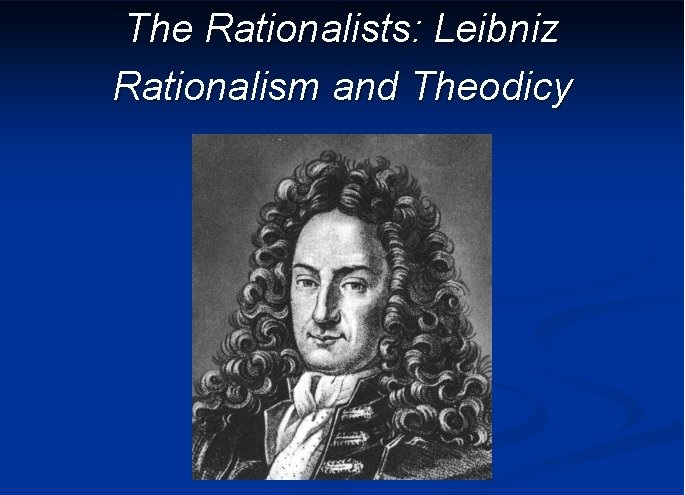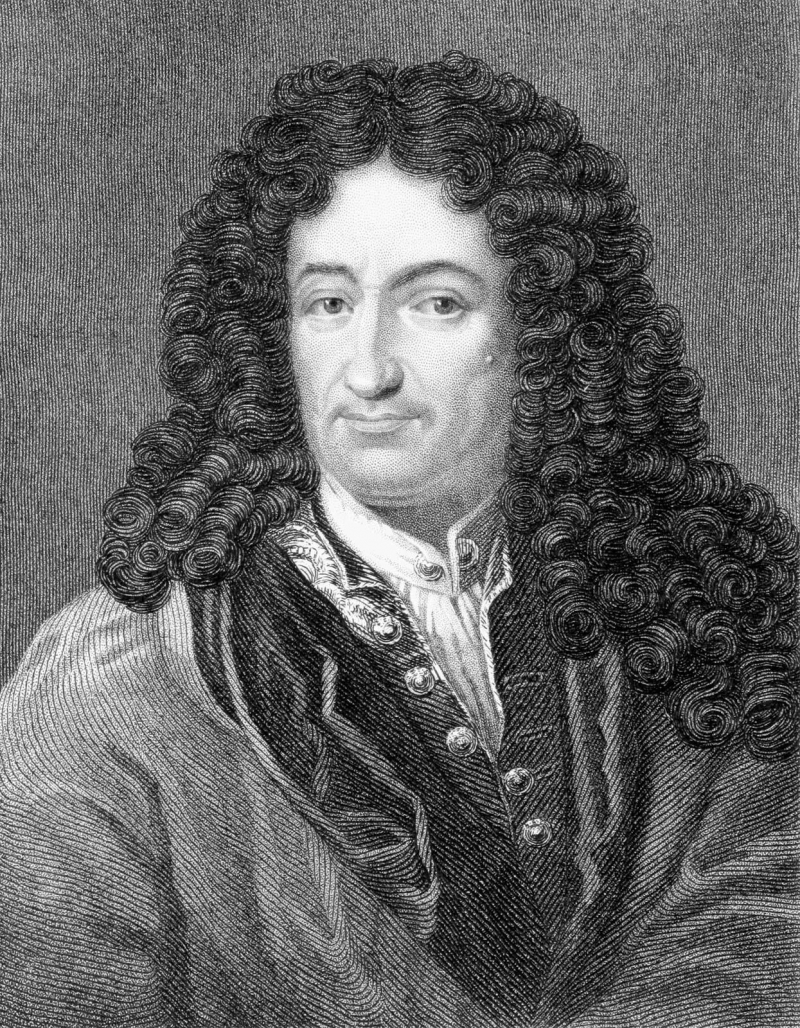He critize of Leibnizian rationalism
In the 1760s, Kant's criticism of Leibnizianism grew stronger. One of his students claimed that at that time, Kant was criticizing Leibniz, Wolff, and Baumgarten. Baumgarten was a self-declared Newton supporter who also displayed a deep appreciation for the moral theory of Romanticist philosopher Jean-Jacques Rousseau.
"An Inquiry into the Distinctness of the Fundamental Principles of Natural Theology and Morals" was his most important piece during this time. He criticized Leibnizian philosophy's assertion that philosophy should be modeled after mathematics and strive to establish a chain of proven facts based on obvious premises in this work. According to Kant, the foundations of mathematics are arbitrary definitions, carefully defined operations, and conceptions that can be demonstrated physically.
Kant stated that philosophy must start with notions that are already established, "albeit confusing or poorly specified," in contrast to this approach since philosophers cannot start with definitions without enclosing themselves within a circle of words. Philosophy must analyze and clarify; unlike mathematics, it cannot advance synthetically. The significance of the moral order, which he had acquired from Rousseau, strengthened his view that a synthetic philosophy is hollow and untrue, which he had also learned by studying Newton.










